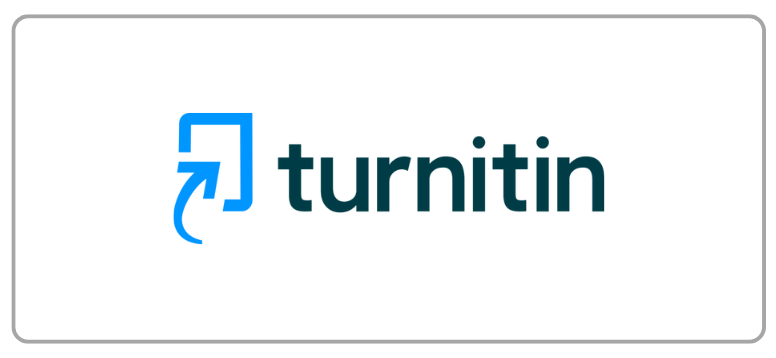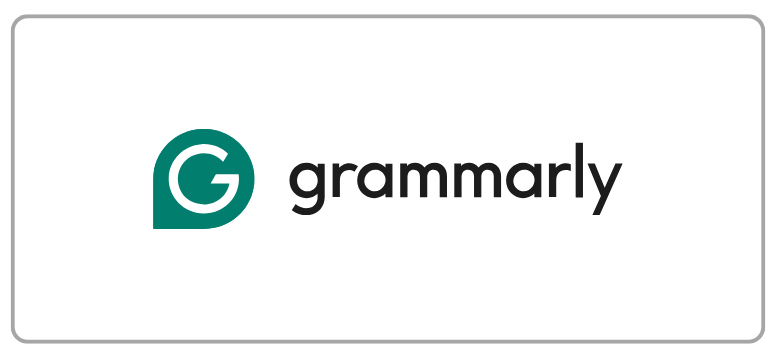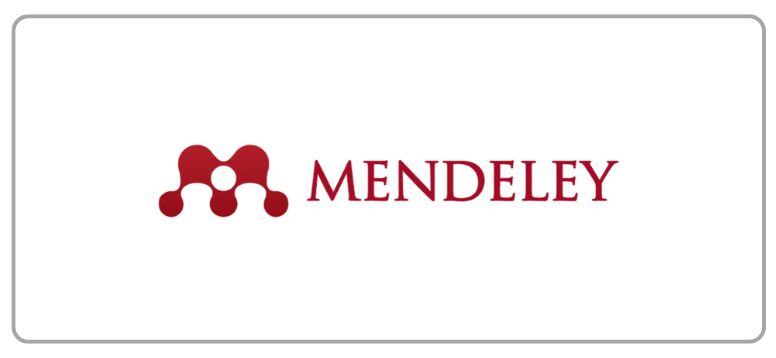Preservation of Javanese Language on Ganjar Pranowo's Conversation in Pandemic of COVID-19
DOI:
https://doi.org/10.21512/humaniora.v12i1.6708Keywords:
language preservation, Javanese language, Javanese conversation, COVID-19 pandemicAbstract
The research aimed to see a relevance of the preservation of the Javanese language in Javanese conversations that Ganjar Pranowo carried out during the COVID-19 pandemic. The resulting data was about the level in the language that included word level, phrase level, and sentence level. Also, several manners, unggah ungguh, and ethics were produced that could become examples or role models for the people of Central Java. The research applied a qualitative method. The data source was the utterances contained in the uploads of Ganjar Pranowo in the form of video recordings that included primary data in the form of utterances or parts of spoken speech from various speeches and communications from the people of Central Java with Ganjar Pranowo. The results show that preservation of the Javanese language through conversations between leaders and the community has positive implications. This means that the preservation of the Javanese language is carried out optimally in the social sphere. This activity is well recorded and uploaded on social media, Ganjar Pranowo, a figure who has high credibility. The social sphere is an important component used to preserve Javanese language, culture, and traditions.
References
Adisti, A. R. (2018). Internalization of Javanese Unggah-Ungguh (Etiquette) Character in Modern Era Through Personality Course at English Education Department. Al-Ishlah: Jurnal Pendidikan, 10(2), 216-230. https://doi.org/10.35445/alishlah.v10i2.89
Akbar, S. (2018). Analisis Tindak Tutur pada Wawancara Putra Nababan dan Presiden Portugal (Kajian Pragmatik). Jurnal Pendidikan Bahasa dan Sastra Indonesia, 1(1), 27-38. http://e-journal.hamzanwadi.ac.id/index.php/sbs/article/view/792
Chotimah, C., Untari, M. F. A., & Budiman, M. A. (2019). Analisis Penerapan Unggah-Ungguh Bahasa Jawa dalam Nilai Sopan Santun. International Journal of Elementary Education, 3(2), 202-209. https://doi.org/10.23887/ijee.v3i2.18529
Hardini, I. (2014). Analisis Pragmatik dalam Wacana Kampanye Politik Pemilihan Gubernur dan Wakil Gubernur Jawa Tengah Periode 2013-2018. Jurnal Penelitian, 11(2), 301-316. https://doi.org/10.28918/jupe.v11i2.426
Idrus, M. (2012). Pendidikan Karakter pada Keluarga Jawa. Jurnal Pendidikan Karakter, 2(2), 118-130. https://doi.org/10.21831/jpk.v0i2.1297
Listyarini., & Nafarin, S. F. A. (2020). Analisis deiksis dalam percakapan pada chanel Youtube Podcast Deddy Corbuzier bersama menteri kesehatan tayang Maret 2020. Jurnal Pendidikan Bahasa dan Sastra Indonesia, 9(1), 58-65. https://doi.org/10.15294/jpbsi.v9i1.38628.
Moleong, L.J. (2017). Metodologi Penelitian Kualitatif Edisi Revisi. Bandung: PT Remaja Rosdakarya.
Rohmadi, Kundharu, & Hastuti. (2019). Kajian Pragmatik: Peran Konteks Sosial dan Budaya dalam Tindak Tutur Bahasa di Pacitan. Surakarta: Yuma Pustaka.
Sudaryanto. (2015). Metode dan Aneka Teknik Analisis Bahasa: Pengantar Penelitian Wahana Kebudayaan Secara Linguistis. Yogyakarta: Sanata Dharma University Press.
Supraktiknya, A. (2016). Tinjauan Psikologis: Komunikasi Antarpribadi. Yogyakarta: PT Kanisius.
Widianto, E. (2018). Pemertahanan Bahasa Daerah Melalui Pembelajaran dan Kegiatan di sekolah. Jurnal Kredo, 1(2), 1-13. https://orcid.org/0000-0003-3265-4204.
Wijayanti, H., & Nurwianti, F. (2010). Kekuatan Karakter dan Kebahagiaan pada Suku Jawa. Jurnal Psikologi, 3(2), 114-122. https://ejournal.gunadarma.ac.id/index.php/psiko/article/view/227/0.
Downloads
Published
How to Cite
Issue
Section
License
Copyright (c) 2021 Umi Farichah, Ani Rakhmawati, Nugraheni Eko Wardani

This work is licensed under a Creative Commons Attribution-ShareAlike 4.0 International License.
Authors who publish with this journal agree to the following terms:
a. Authors retain copyright and grant the journal right of first publication with the work simultaneously licensed under a Creative Commons Attribution License - Share Alike that allows others to share the work with an acknowledgment of the work's authorship and initial publication in this journal.
b. Authors are able to enter into separate, additional contractual arrangements for the non-exclusive distribution of the journal's published version of the work (e.g., post it to an institutional repository or publish it in a book), with an acknowledgment of its initial publication in this journal.
c. Authors are permitted and encouraged to post their work online (e.g., in institutional repositories or on their website) prior to and during the submission process, as it can lead to productive exchanges, as well as earlier and greater citation of published work.
USER RIGHTS
All articles published Open Access will be immediately and permanently free for everyone to read and download. We are continuously working with our author communities to select the best choice of license options, currently being defined for this journal as follows: Creative Commons Attribution-Share Alike (CC BY-SA)




















